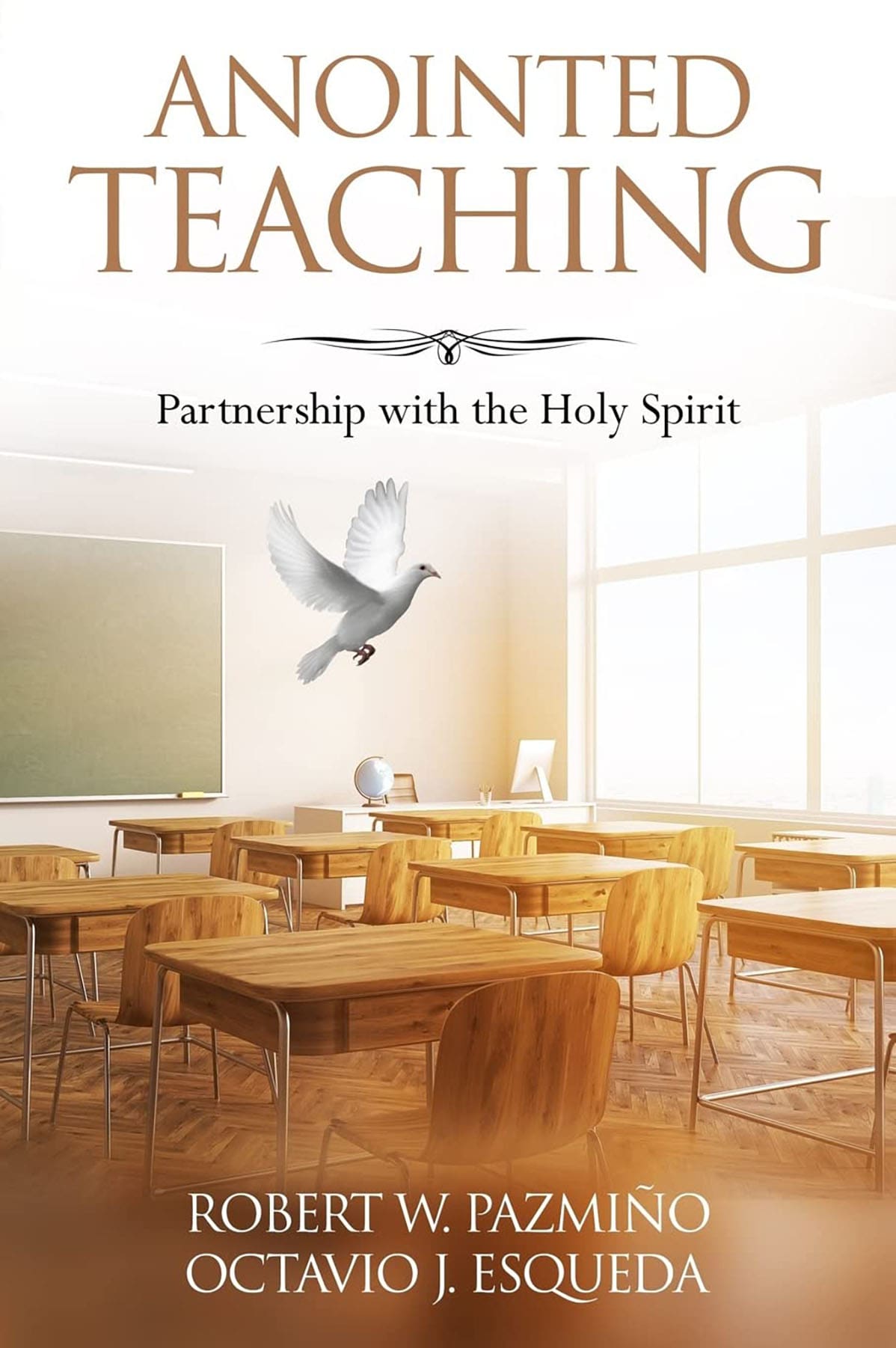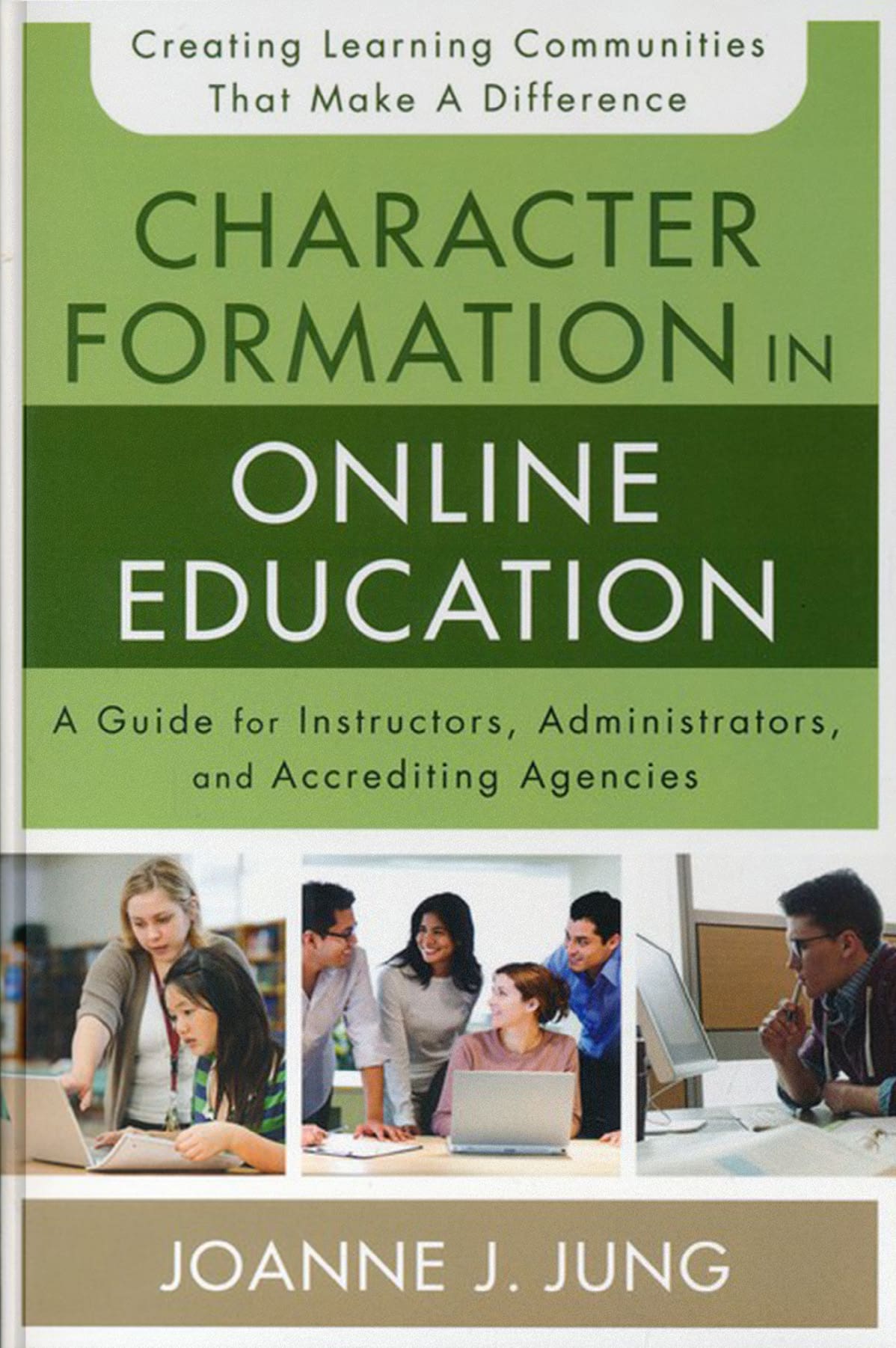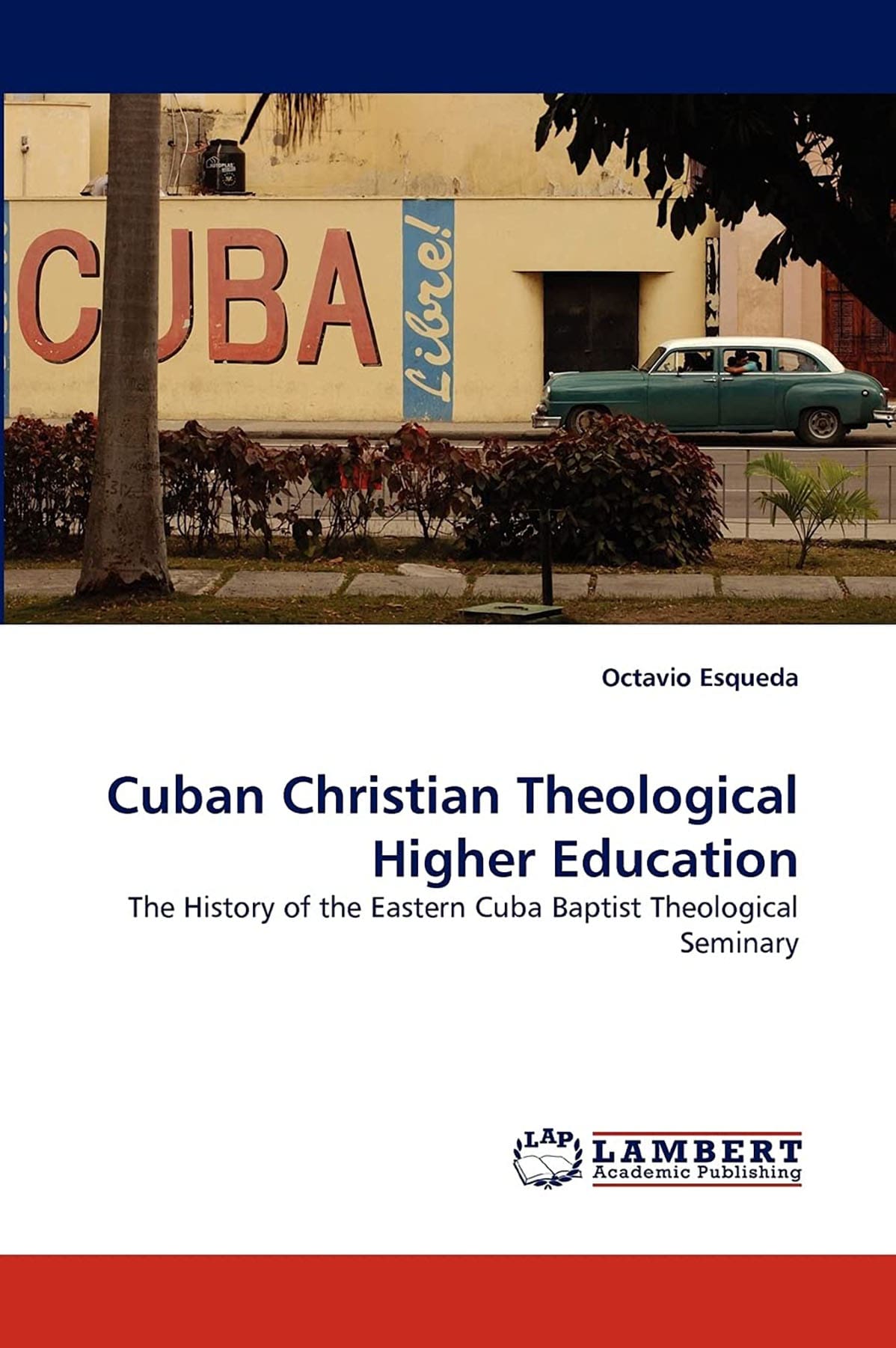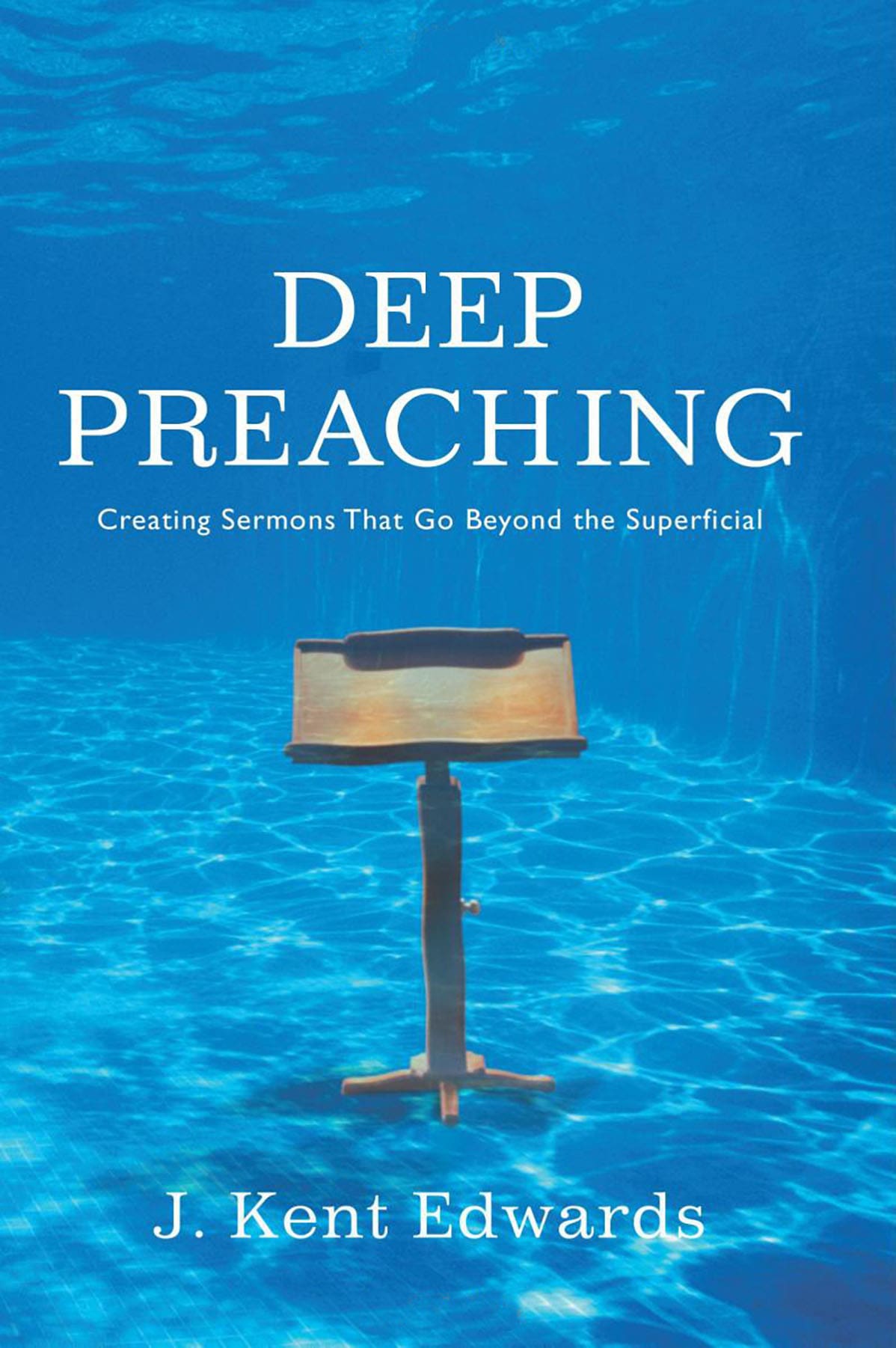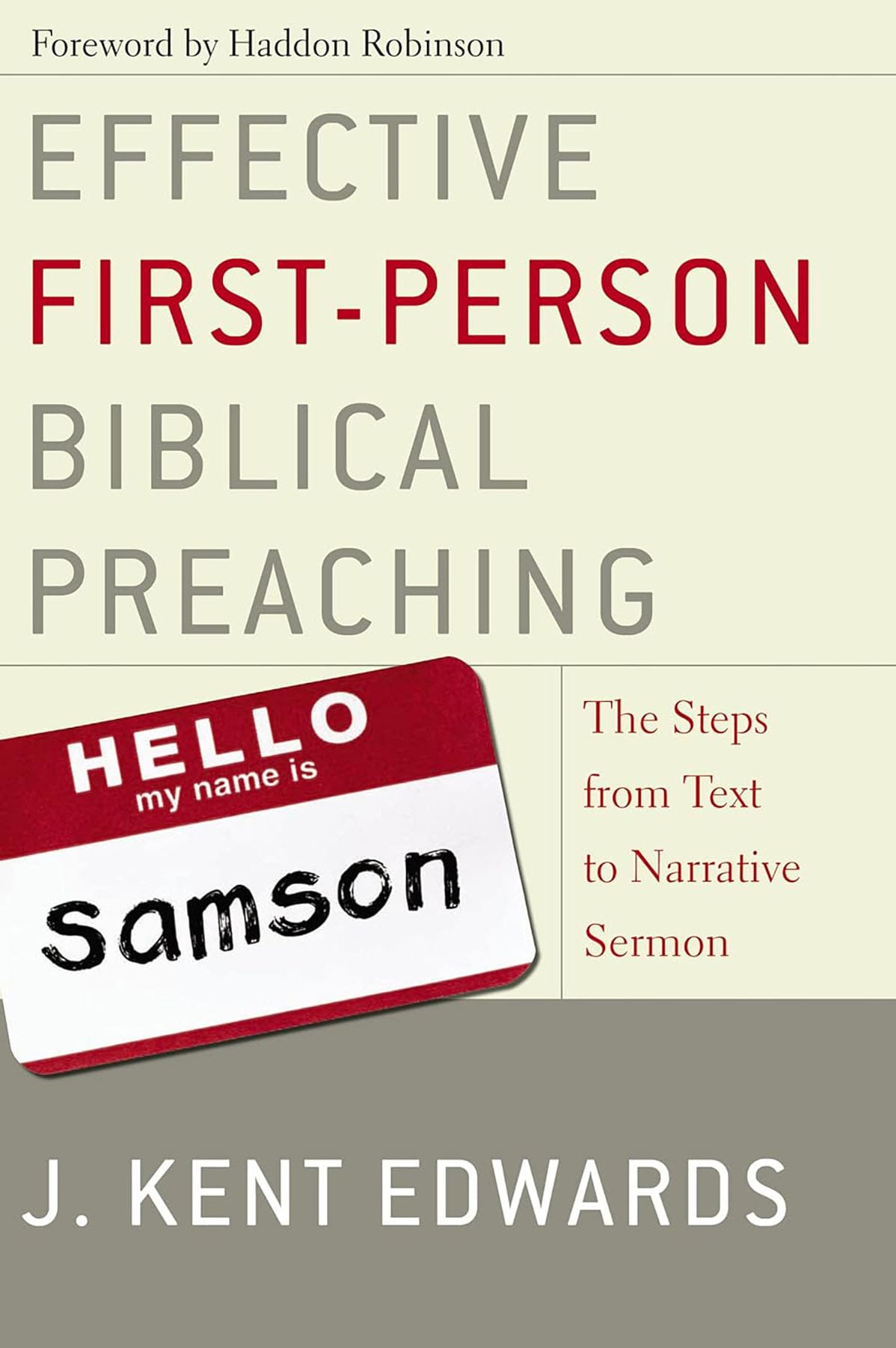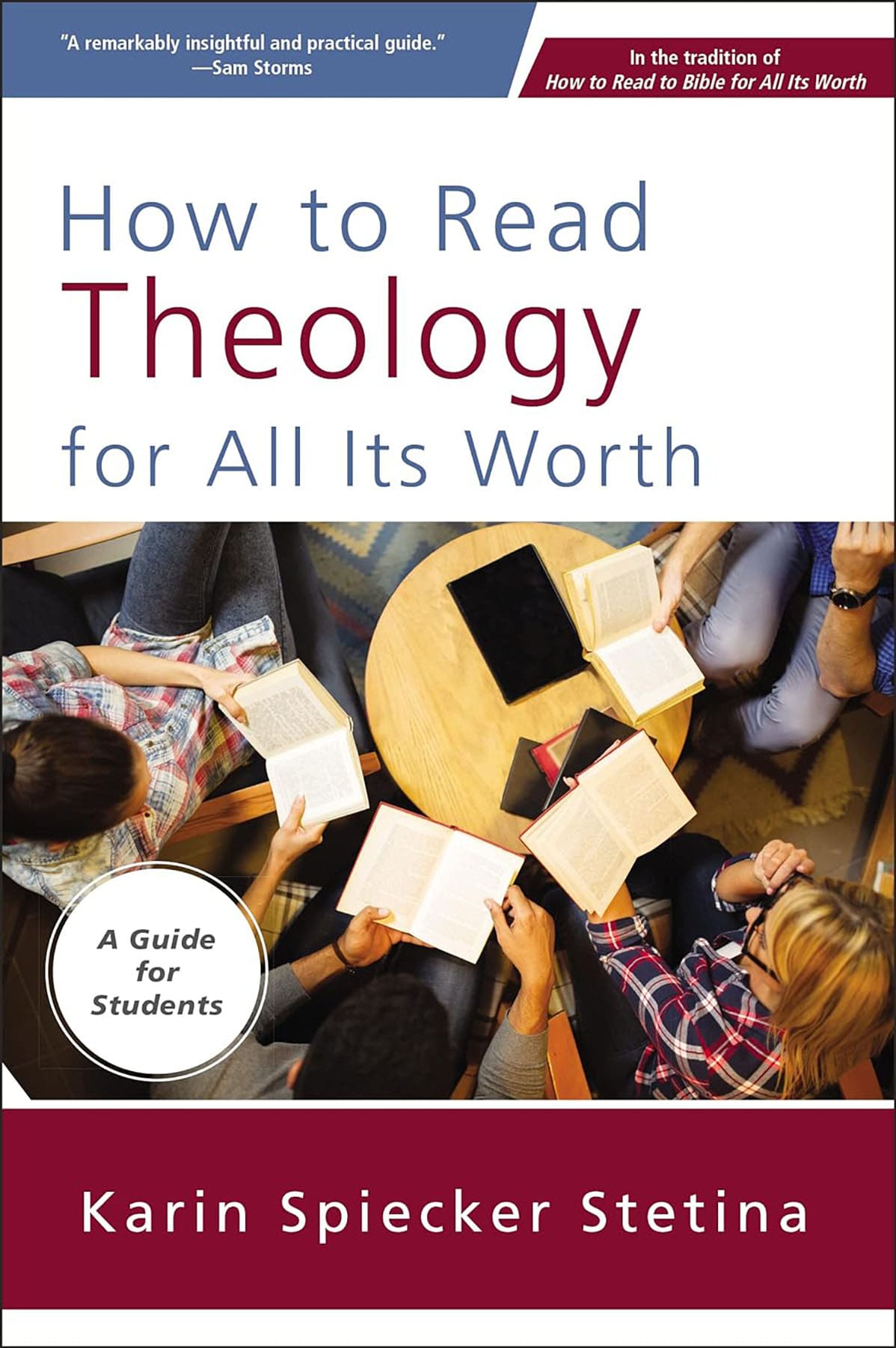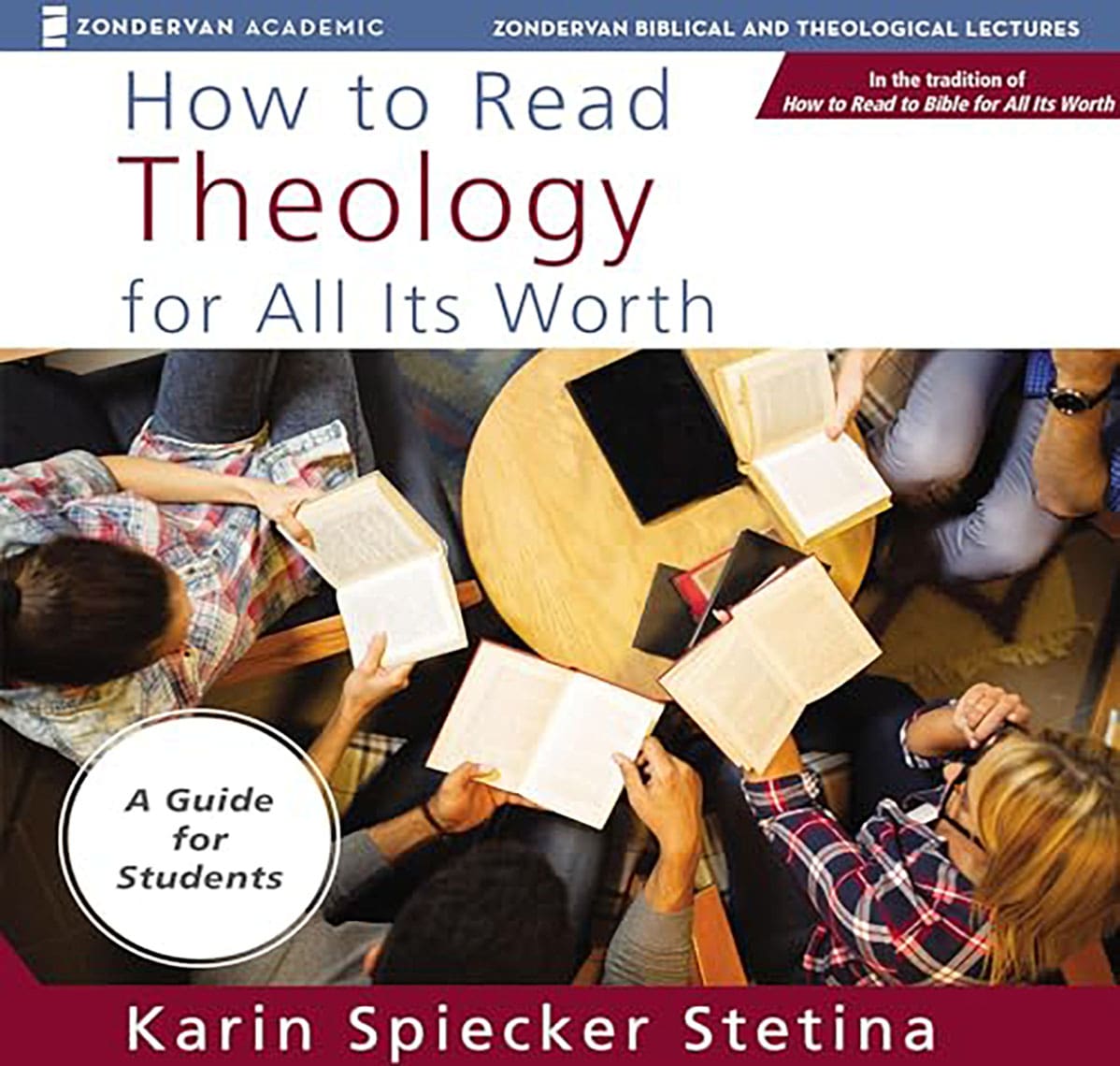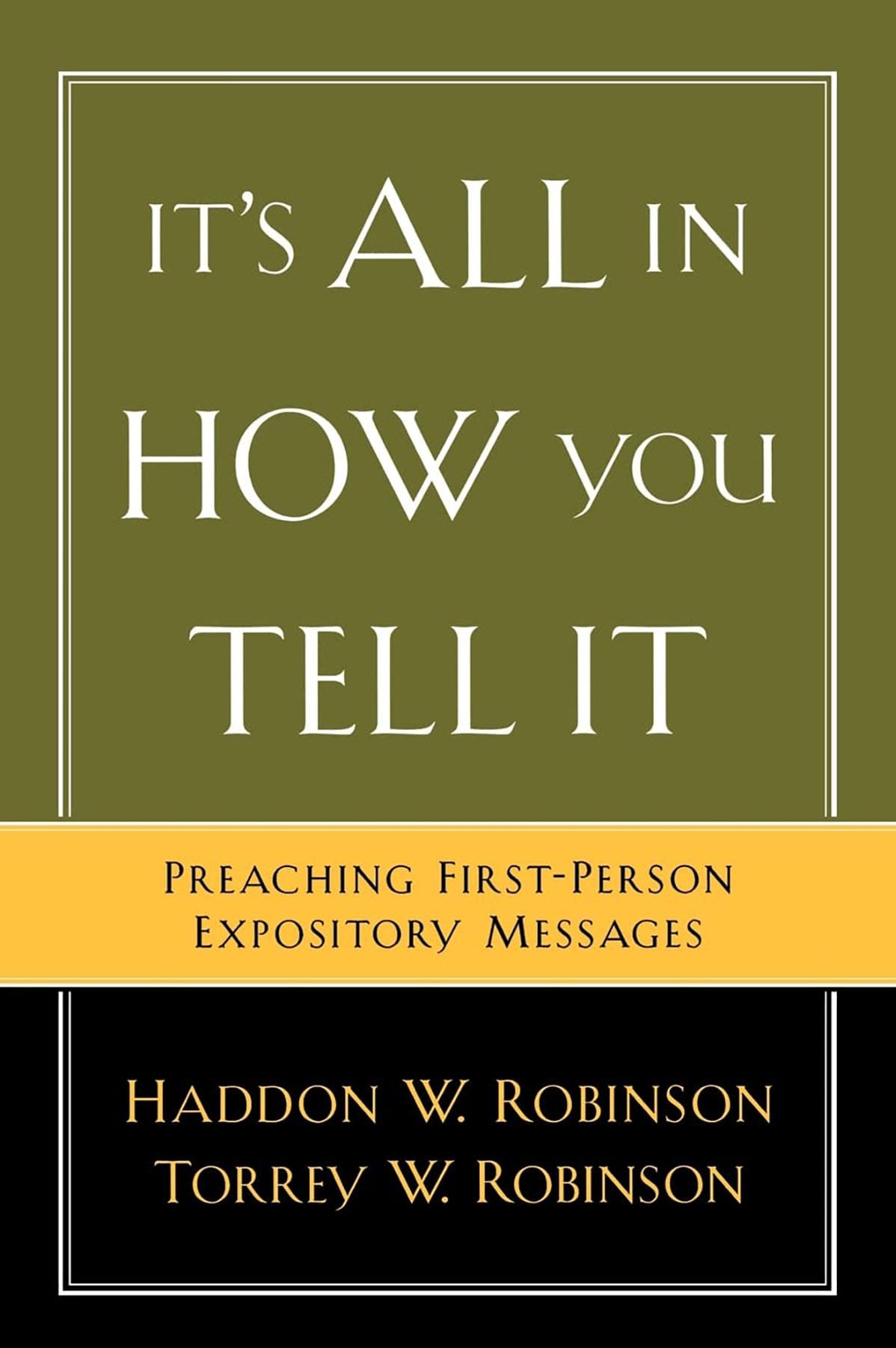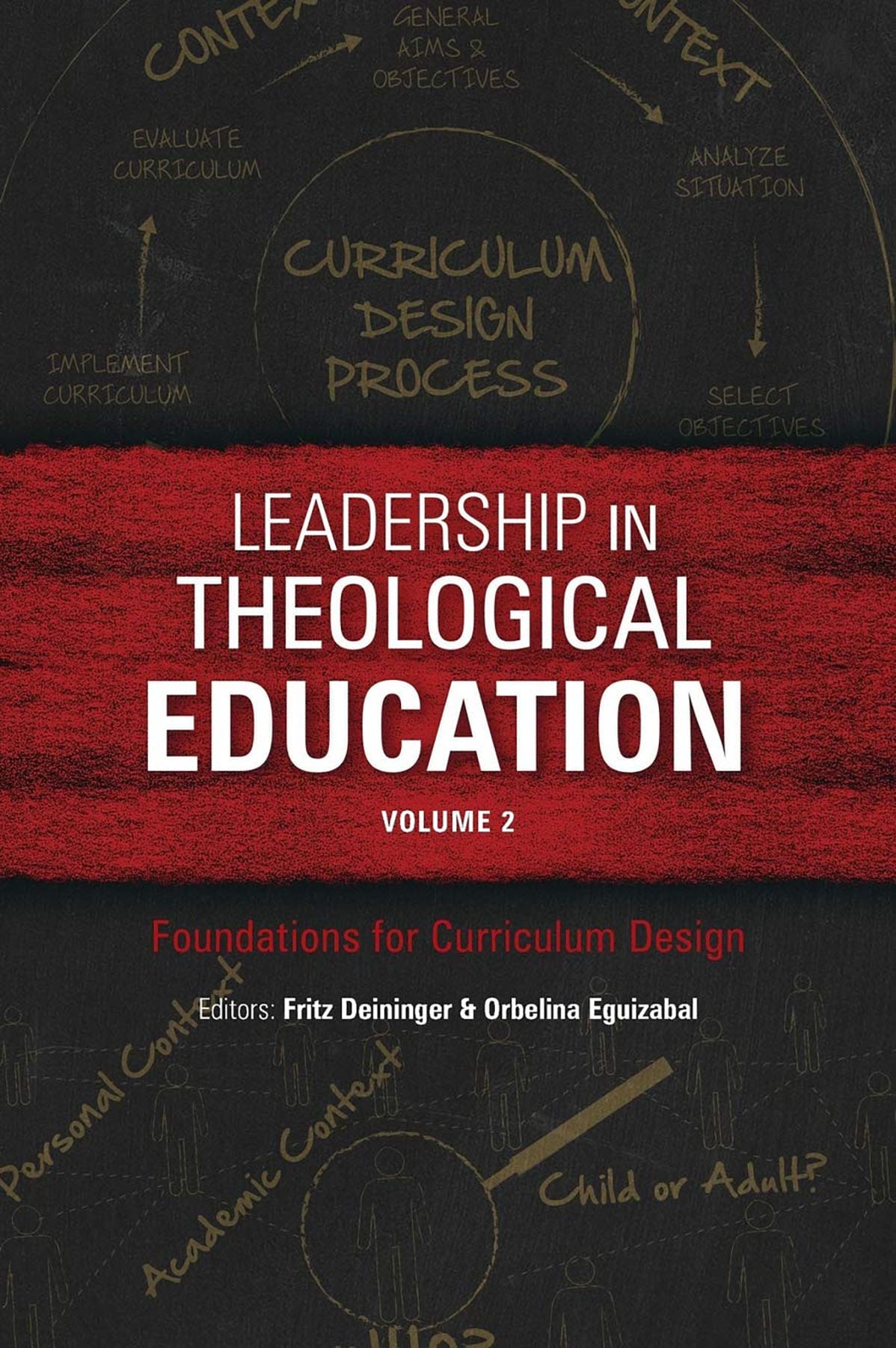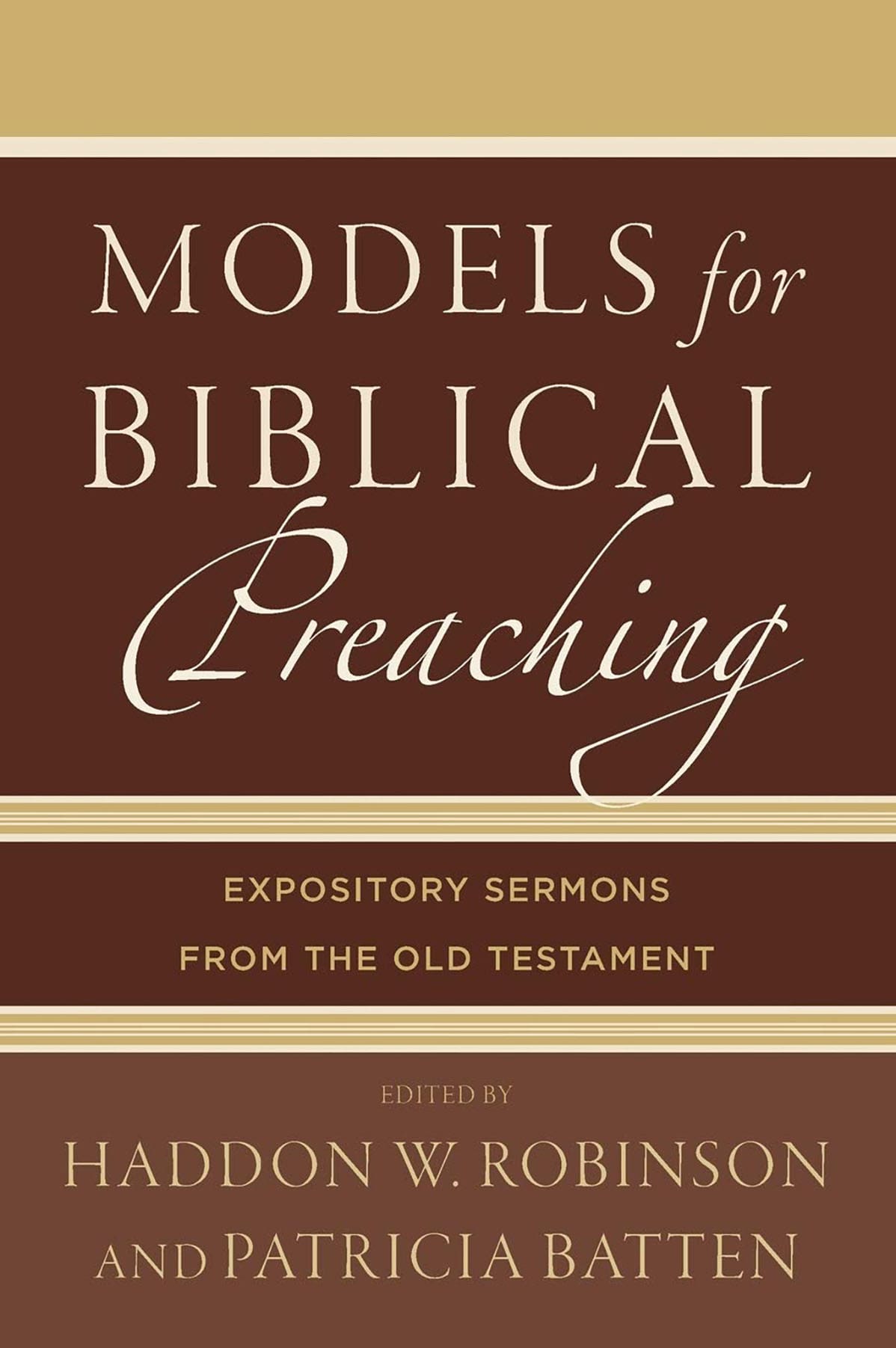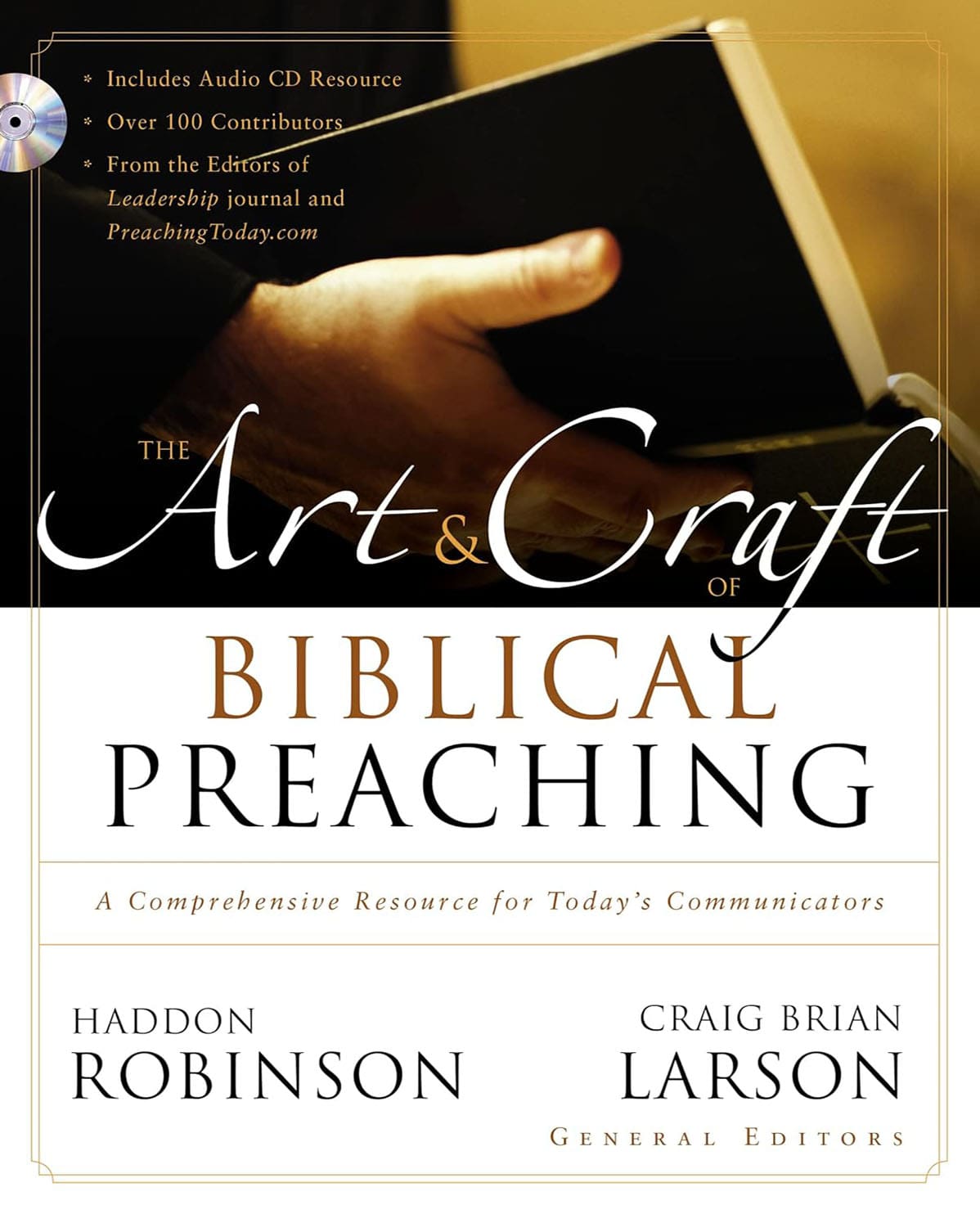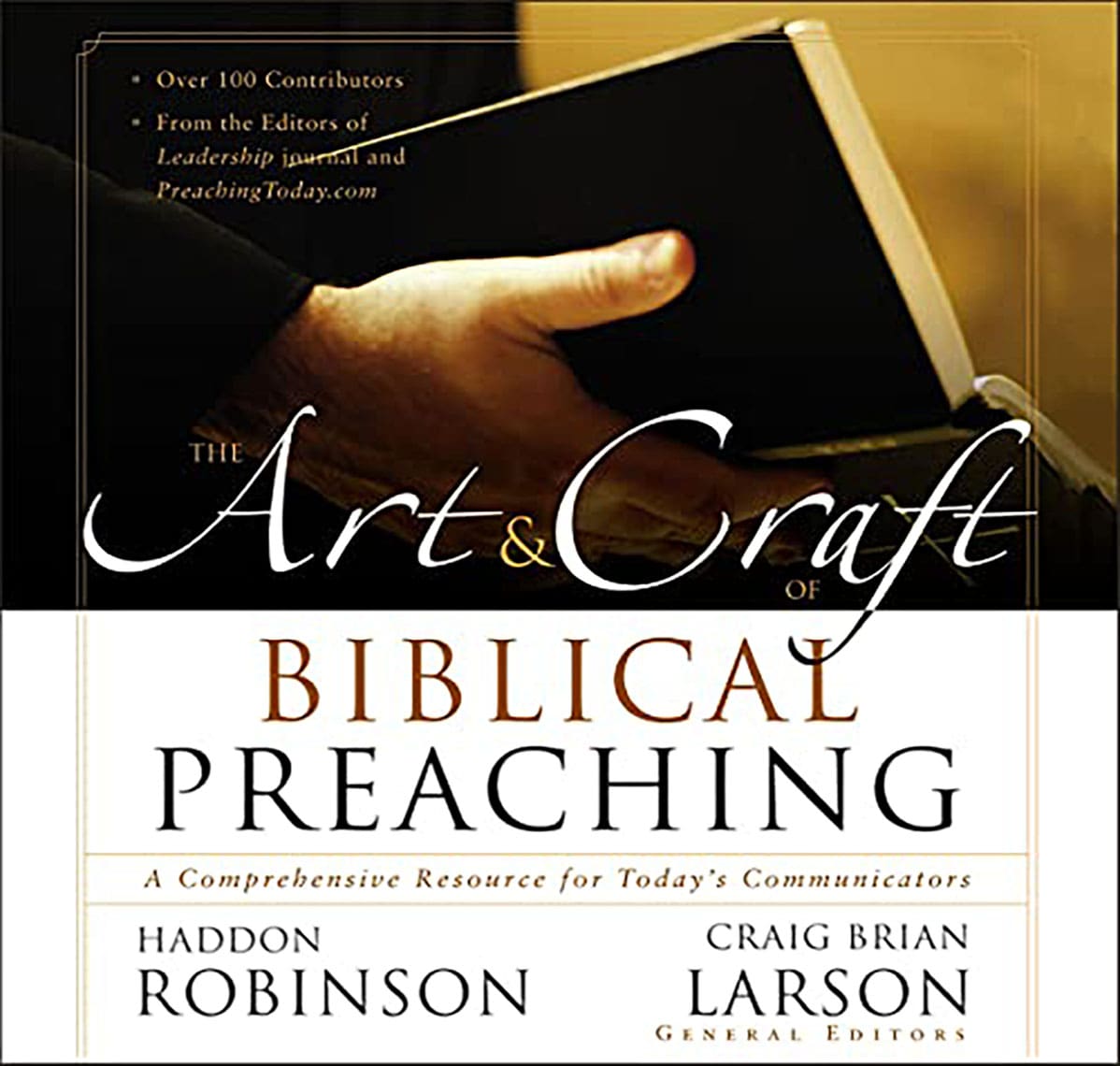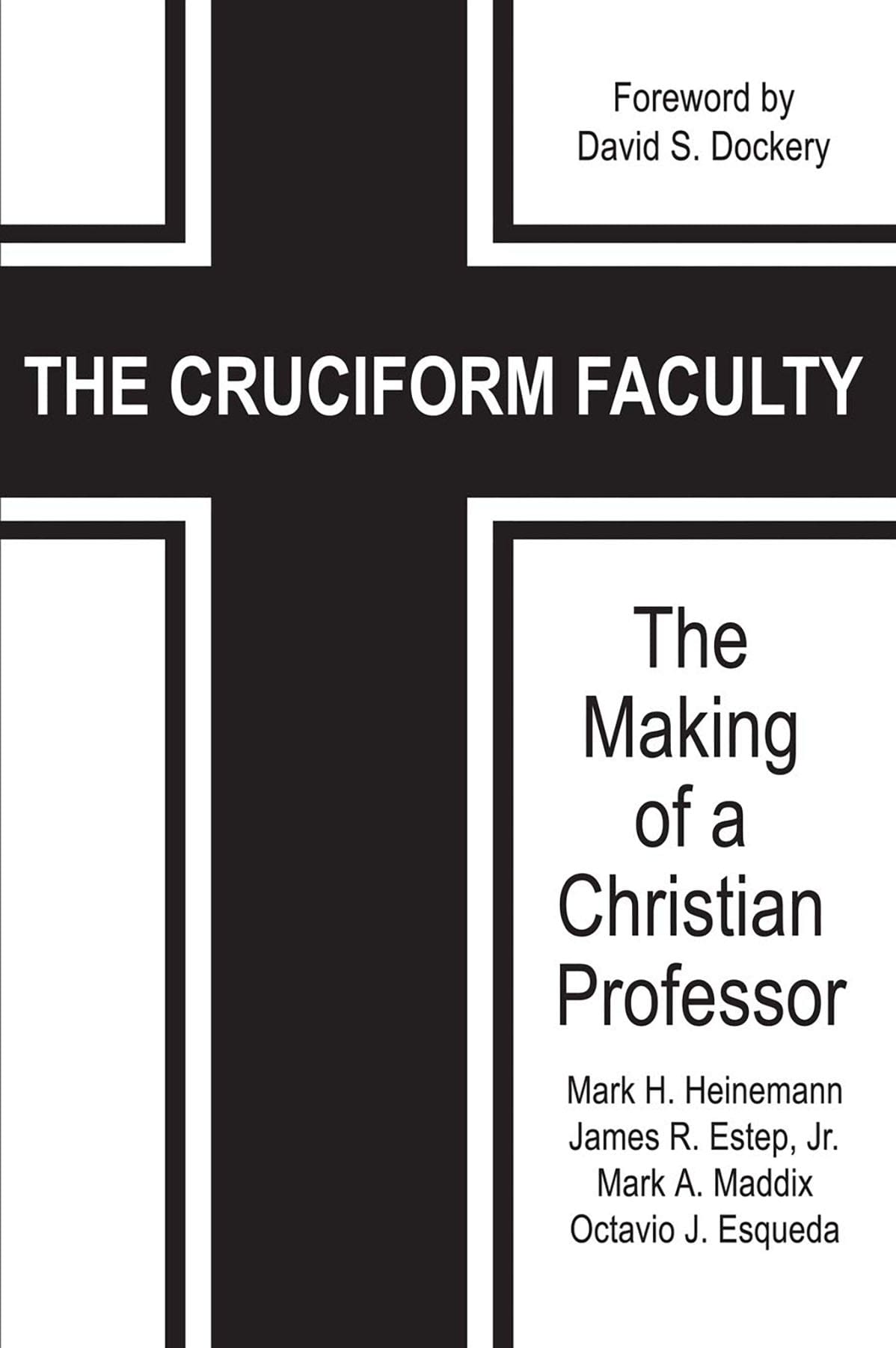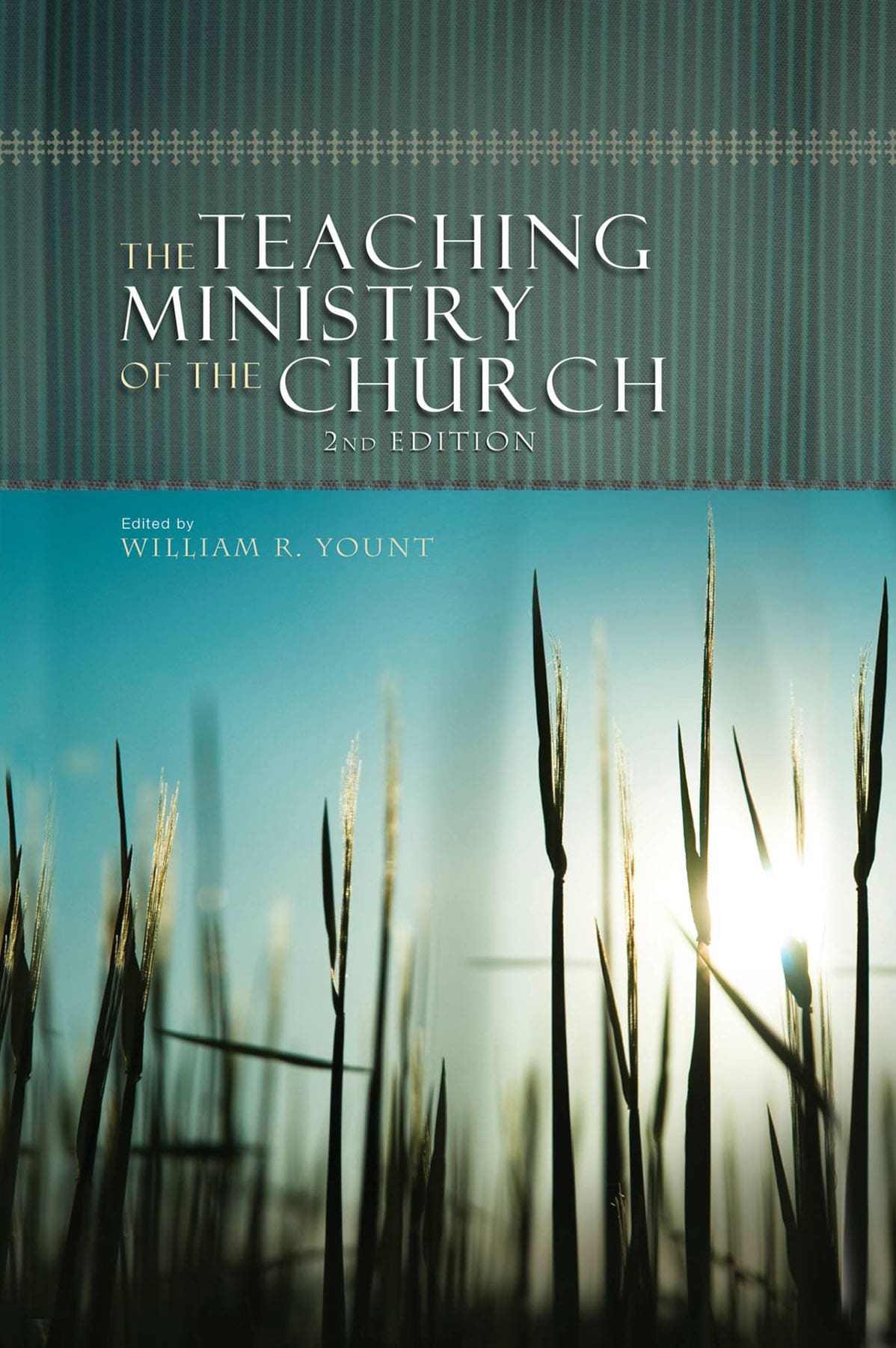Anointed Teaching: Partnership with the Holy Spirit
Anointed Teaching: Partnership with the Holy Spirit, is a welcome new text about what it means to teach and preach the Bible with the Holy Spirit in ways that God can use to form His people in their inner spiritual lives and their outer expressions of faithful living. Pazmiño and Esqueda have offered us thoughtful reflection on what teaching with the Spirit should be like in light of themes they see flowing from our baptism as followers of Christ (“liberation”), our participation in receiving the Lord’s Supper (“celebration”), and the giving of the Spirit at Pentecost (“sustenance”).

